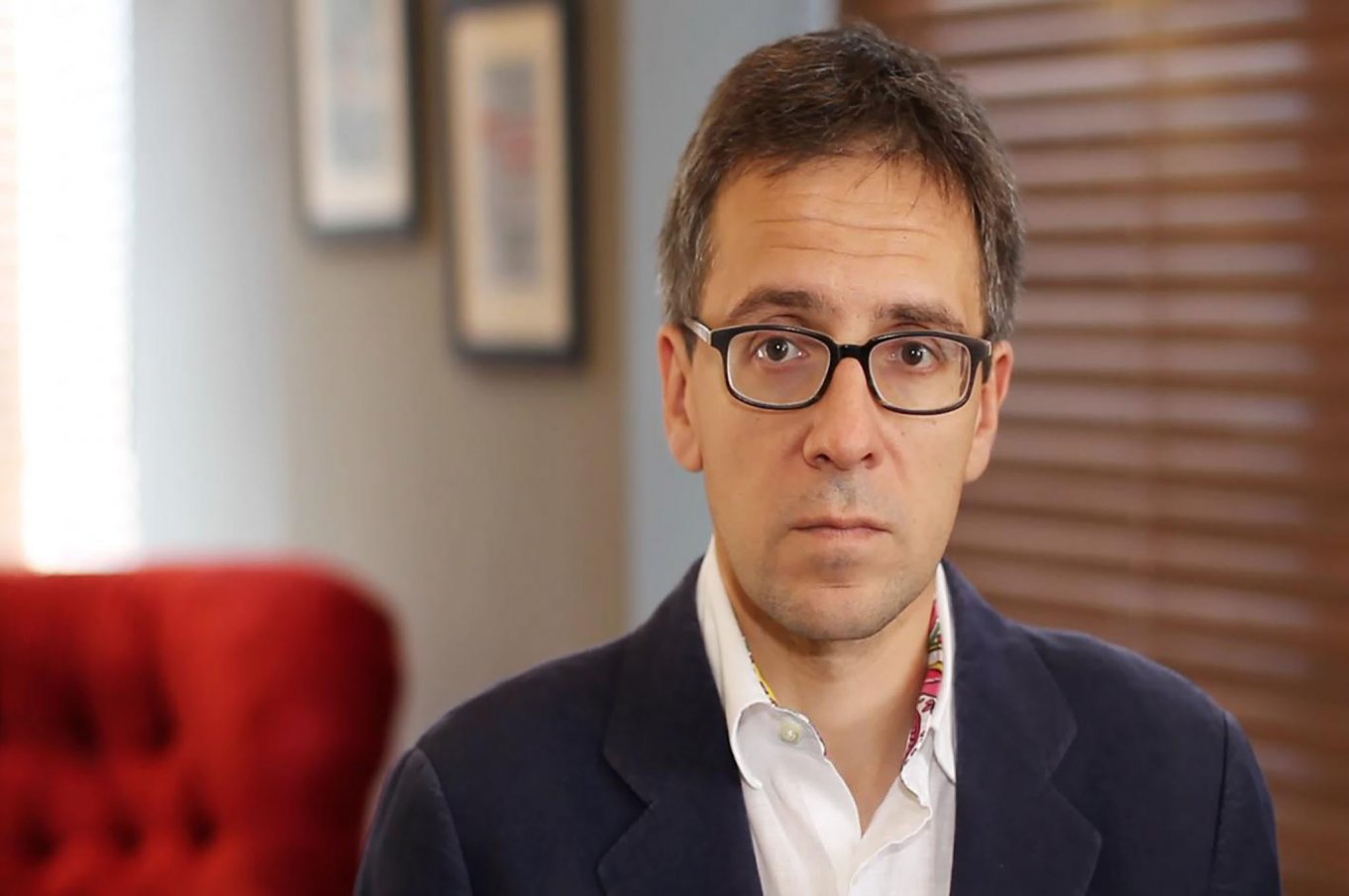'There is no ground for complete normalization of relations with Russians'
Azeri.Today's exclusive interview with Jan Bremmer, founder and president of the US 'brain center' Eurasia Group, professor of political sciences, expert in the sphere of political risks.
Mr.Bremmer, you moderated a panel discussion devoted to cooperation and problems in Eurasia as part of the Munich security conference on February 18, which was attended by President of Azerbaijan Ilham Aliyev. What are your expectations of the US-Azerbaijan relations under Trump?
- I think it will be a friendly but peripheral relationship. We’re a long ways from the "new great game" of Caspian energy development, and the US doesn't have particular priority interests in the Caucasus anymore. It should also be noted that the Armenian Diaspora community no longer dominates the US view of the region the way it had in the past. In other words, there's less focus on shared values/domestic policy and more on transactional interests. On balance though, that gives Azerbaijan a bit more diplomatic space to work with.
- When will the new US administration begin to pay attention to the territorial conflicts in the post-Soviet space, in particular, the Nagorno-Karabakh conflict?
- If anything, the current US administration will probably pay less attention to these types of conflicts, just like they will be less likely to focus on contested territory in Ukraine (and particularly Crimea).
- Various US states saw protests against the policy of Trump following inauguration. Who organized those actions?
- Generally-speaking, we’ve seen much more civic action and popular awareness about politics in the US following the Trump election. But it's far too early to say this is a permanent change from the general apathy and disconnectedness that came to dominate us politics after the 2008 financial crisis. It is important to keep in mind that, relatively-speaking, the US remains a quite wealthy—and increasingly divided—society, both of which make it much harder to develop serious, nationwide social discontent.
- A number of NGOs have initiated a petition to impeach Trump. Will Trump face impeachment?
-That's a pretty remote likelihood at this point, in large part because the republicans that would need to support impeachment proceedings gained so much power along with Trump’s rise to the presidency. And not for nothing, but for all the unusual/unprecedented news we've seen since Trump's inauguration, there's nothing that looks like it rises to the level of impeachment—at least not yet.
- Trump is resolved to build a wall on the border between the US and Mexico? And what are the consequences? What will happen to the relations of the two countries?
- There already is a wall with Mexico—it just doesn't cover all that much land. That wall will surely be expanded under Trump, but ultimately there's much more symbolism than reality here. The reality will come in the form of more deportations of illegal immigrants living in the us and worsening trade relations (and a potential border tax) with Mexico, all of which would still severely damage the relationship.
- The new US president has repeatedly said that he is configured to normalize relations with Russia. But the other day he said that he did not yet know what will be the relationship with the US and Russia - "good, bad, or no." In your opinion, how should the Washington's relations develop with Moscow?
- At the very least it should be better than Obama’s relationship with Moscow—though that’s not really saying much. Given the depths to which the Putin-Obama relationship sunk, it should be easy enough to reset that and focus on counter-terrorism coordination given realities on the ground. but there's no reason or mutual interest to fully normalize relations with the Russians yet (particularly among America’s foreign policy establishment, plenty of whom now serve in key posts in the Trump administration) and it’s still better for the us to coordinate any Russia policy more closely with American allies in Europe—even though Trump hasn't shown any inclination to do so yet.
- Which scenario awaits the Middle East under Trump?
- Actually, it’s going to be very similar to what we've seen under Obama—the US just isn't as central an actor in the region (or the world, for that matter) as it used to be, and increasing challenges in the region are only going to make it harder to navigate.
- Do you think Trump and Putin will join efforts to combat terrorism in the region?
- The two will try to improve counter-terrorism coordination somewhat, but it’s hard to improve intelligence cooperation given how deeply US intelligence agencies mistrust Moscow following its behavior around the US election. It’s also hard to improve defense cooperation when the us defense secretary Jim Mattis says outright that he can’t see increased cooperation with the Russians anytime in the near future.
Seymur Mammadov
Similar articles
Add
Comments (0)
Add comments







